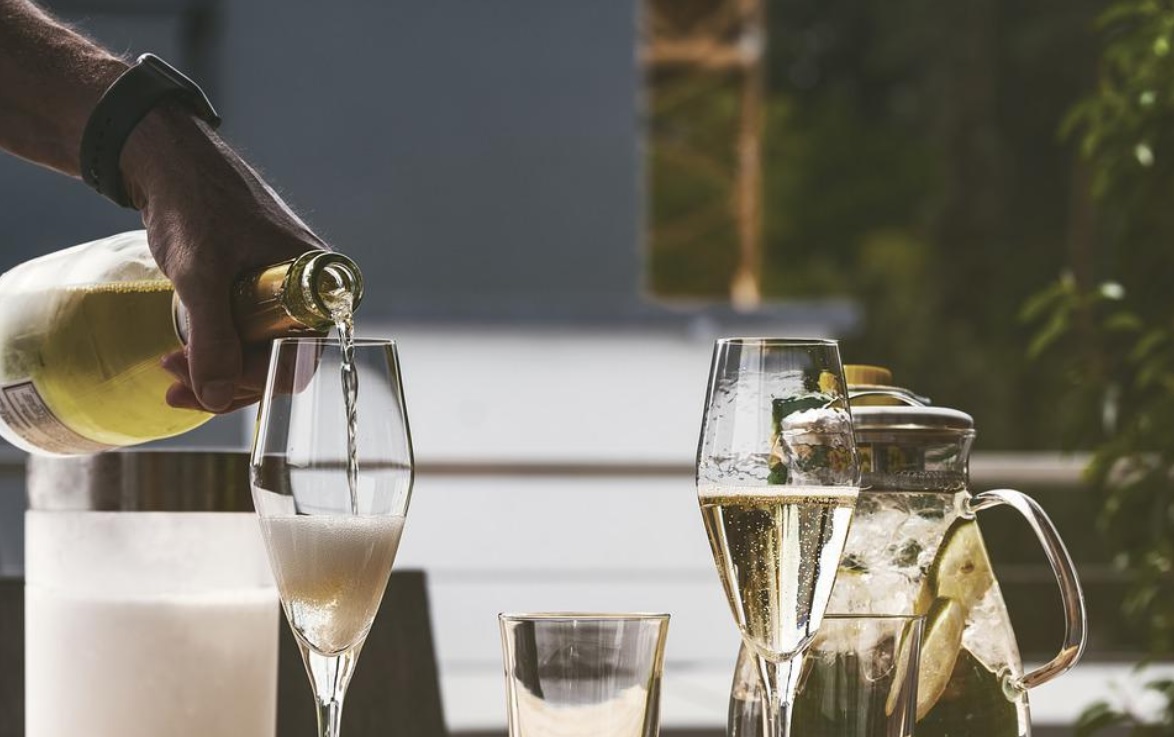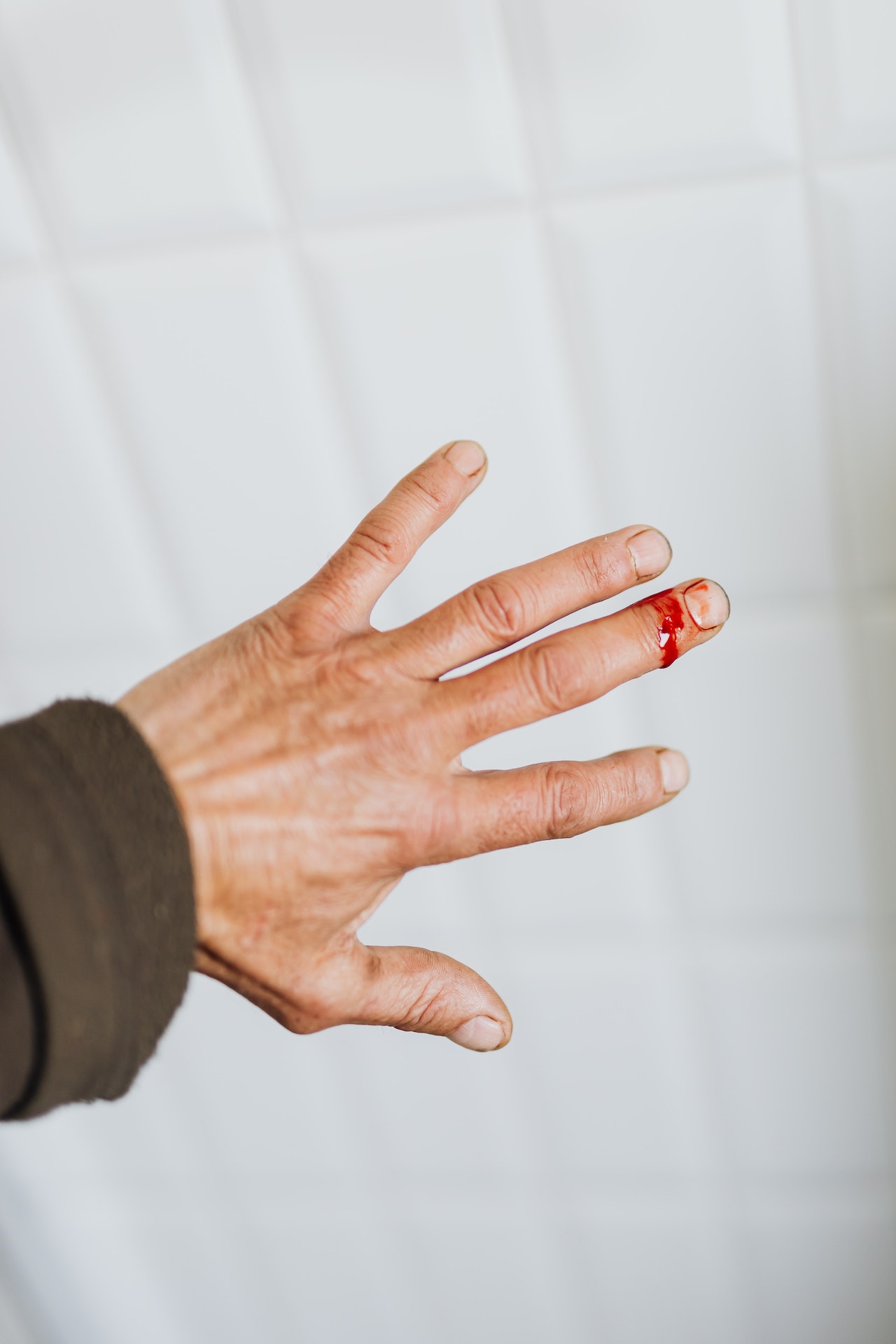Although the prescribing information of Xarelto (rivaroxaban) do not explicitly state wheter it is safe to drink any alcoholic beverage such as beer or a glass of wine when taking this drug, Dr. Claudio Butticè, Pharm.D. recommends not to. Especially when we’re talking about a stronger alcoholic, such as a whiskey or scotch, it is much better not to drink any alcohol during rivaroxaban treatment. Let’s see why.
What is Xarelto and how does it work?
Xarelto is the commercial name of rivaroxaban, a drug prescribed to prevent blood clots from forming inside the heart and blood vessels. Together with other similar medications such as apixaban (Eliquis) and dabigatran (Pradaxa), this blood thinner belongs to a category known as direct oral anticoagulants (DOACs).
These drugs have gained traction over traditional blood thinners such as warfarin since they don’t require the patient to undergo continuous blood testing to adjust the dosage, and do not place restrictions on their diets. Rivaroxaban acts by targeting Factor Xa, a critical component of the blood coagulation cascade. It is mostly prescribed for patients affected by deep vein thrombosis (DVT), nonvalvular atrial fibrillation (AFib), and pulmonary embolism (PE).

Is it dangerous to drink alcohol while you take Xarelto?
Xarelto (rivaroxaban) has been widely advertised as a simple and convenient drug to take since no dietary restrictions are required. But is that also true for alcohol? Other drugs such as Eliquis and Pradaxa have been also market worldwide as drugs that can be freely taken with any food, but what about drinks?
In the Frequently Asked Questions (FAQs) page of the official Xarelto website, the pharmaceutical company clearly explains that patients do not need to change their dietary habits while taking this drug. So, at least in theory, there’s no specific indication that alcohol consumption while taking Xarelto is contraindicated. Nonetheless, many experts recommend against drinking alcohol while taking any other blood thinner.
Increased risk of bleeding

Since the mechanism through which anticoagulant drugs and alcohol interact is very complex, it was never fully understood. In general, drinking substantial quantities of alcohol must be avoided when under treatment with blood thinners since this substance may intensify the anticoagulant activity of these medicines as it interferes with the blood’s ability to clot.
Some researches, in fact, pointed out that small quantities of alcohol may have anticoagulant properties. For this reason, alcohol users or subjects affected by alcoholism under treatment with Warfarin have a higher risk for major bleeding accidents. According to the National Institute of Alcohol Abuse and Alcoholism, even occasional drinking can cause internal haemorrhages, while heavier drinking may increase the risk of both bleeding and blood clots. For some unknown reasons, in fact, higher amounts of this substance may have the opposite effect. The general recommendation is to limit daily alcohol consumption to no more than two glasses of wine (or an equivalent alcohol quantity). The Australian NPS Medicinewise clearly explains in its section about this anticoagulant that “is best to limit your alcohol intake to no more than 2 standard drinks of alcohol per day and avoid binge drinking.”
Increased risk of falls, trauma, and accidents

Alcohol can also increase the risk for falls, trauma and accidents, which could all be a death sentence as the anticoagulant effects of this drug cannot be reversed in any way, leading to harmful uncontrolled bleedings. There’s no antidote available to reverse the effects of Xarelto, so even a relatively minor bleeding accident can prove to be fatal, or at least severely injury a patient who’s under treatment with this medication.
Emergency dialysis is not able to safely remove the drug from the patient’s system, so even a minor risk factor as alcohol consumption can seriously harm a patient’s health or even cause his death. Another one of the marketing advantages of this medication was its easier “one pill per day” universal dosing, so there’s no way to change or re-evaluate dosing if a patient starts drinking heavily. Unlike warfarin’s INR testing, no blood test exists to monitor rivaroxaban’s effect on blood clotting and inform the patient whether or how much his drinking habits could actually be dangerous.
Final thoughts
Although no explicit warning against drinking alcohol is present on Xarelto’s official label, even a couple of beers or a glass of wine may represent a risk for patients who take this drug. Since mixing alcoholic beverages with rivaroxaban is not devoid of dangers, and since even a minor bleeding can prove to be fatal while under this medication, common sense would suggest to avoid taking unnecessary risks.
Alcohol is not good for your health in any case, especially if you suffer from any of the conditions for which Xarelto is prescribed. While it may be harmless to drink the occasional beer from time to time, stronger alcoholic beverages such as whiskey, vodka, or brandy should be avoided. Remember, better be safe than sorry! If you or a loved one feel you could be suffering from alcoholism, then don’t delay seeing the help of an alcohol rehab clinic. This clinic will most likely off drug detox and alcohol detox for your recovery. Alcohol rehabilitation is a life long process.
Article edited and fact checked by our editorial team.
About the author:

Dr. Claudio Butticè, Pharm.D., is a former Pharmacy Director who worked for several large public hospitals in Southern Italy, as well as for the humanitarian NGO Emergency. He is now an accomplished book author who has written on topics such as medicine, technology, world poverty, human rights, and science for publishers such as SAGE Publishing, Bloomsbury Publishing, and Mission Bell Media. His latest books are “Universal Health Care” (2019) and “What You Need to Know about Headaches” (2022). A data analyst and freelance journalist as well, many of his articles have been published in magazines such as Cracked, The Elephant, Digital Journal, The Ring of Fire, and Business Insider. Dr. Butticè also published pharmacology and psychology papers on several clinical journals, and works as a medical consultant and advisor for many companies across the globe.
REFERENCES
- Xarelto CarePath. “XARELTO® Frequently Asked Questions – XARELTO® (rivaroxaban)”. xareltocarepath.com.
- PubMed Health. “What is anti-clotting medication and how is it used safely? – PubMed Health – National Library of Medicine”. 2014-11-26.
- Efird, Lydia M.; Miller, Donald R.; Ash, Arlene S.; Berlowitz, Dan R.; Ozonoff, Al; Zhao, Shibei; Reisman, Joel I.; Jasuja, Guneet K.; Rose, Adam J. (2013-10-01). “Identifying the risks of anticoagulation in patients with substance abuse”. Journal of General Internal Medicine 28 (10): 1333–1339. doi:10.1007/s11606-013-2453-x.
- National Institute on Alcohol Abuse and Alcoholism “Mixing Alcohol With Medicines”. pubs.niaaa.nih.gov.
- NPS Medicinewise. “Living with rivaroxaban”. http://www.nps.org.au/medicines/heart-blood-and-blood-vessels/anti-clotting-medicines/for-individuals/anticoagulant-medicines/for-individuals/active-ingredients/rivaroxaban/for-individuals/living-with Retrieved 2015-10-15
Article updated on March 19, 2024